The Great Awakening
A Buddhist Social Theory

David R. Loy

Wisdom Publications Boston
Wisdom Publications
199 Elm Street
Somerville, MA 02144
David R. Loy 2003
All rights reserved.
No part of this book may be reproduced in any form or by any means, electronic or mechanical, including photography, recording, or by any information storage and retrieval system or technologies now known or later developed, without permission in writing from the publisher.
Library of Congress Cataloging-in-Publication Data
Loy, David R.
The great awakening : a Buddhist social theory / David R. Loy.
p. cm.
ISBN 0-86171-366-4 (pbk. : alk. paper)
1. Sociology, Buddhist. 2. BuddhismSocial aspects. 3. Religious lifeBuddhism. 4. Buddhism and social problems. I. Title.
BQ4570.S6L69 2003
294.337dc21
2003004783
ISBN 978-0-86171-366-0
eBook ISBN: 978-0-86171-863-4
15 14 13 12 11
6 5 4 3
Cover design by Elizabeth Lawrence. Interior design by Gopa & Ted2, Inc. Photograph Christopher Wray-Mccann / Images.com
Wisdom Publications books are printed on acid-free paper and meet the guidelines for permanence and durability of the Committee on Production Guidelines for Book Longevity of the Council on Library Resources.
 This book was produced with environmental mindfulness. We have elected to print this title on 30% PCW recycled paper. As a result, we have saved the following resources: 12 trees, 5 million BTUs of energy, 1,187 lbs. of greenhouse gases, 5,356 gallons of water, and 339 lbs. of solid waste. For more information, please visit our website, www.wisdompubs.org. This paper is also FSC certified. For more information, please visit www.fscus.org.
This book was produced with environmental mindfulness. We have elected to print this title on 30% PCW recycled paper. As a result, we have saved the following resources: 12 trees, 5 million BTUs of energy, 1,187 lbs. of greenhouse gases, 5,356 gallons of water, and 339 lbs. of solid waste. For more information, please visit our website, www.wisdompubs.org. This paper is also FSC certified. For more information, please visit www.fscus.org.
For the liberation of all communities
from institutionalized greed, ill will, and delusion.
Publishers Acknowledgment
______________________________________________
The Publisher gratefully acknowledges the generous help of the Hershey
Family Foundation in sponsoring the publication of this book.
The mercy of the West has been social revolution; the mercy of the
East has been individual insight into the basic self/void. We need both.
Gary Snyder, Buddhist Anarchism (1961)
Contents
__________________________________________
I am very grateful to Josh Bartok at Wisdom Publications and copy editor John Leroy, whose suggestions have improved this book in innumerable ways. Thanks to them, this is a much better book than it would otherwise have been. Needless to say, whatever defects remain are my responsibility.
Earlier versions of these chapters have been published in various journals and edited books. Permission from the following journals and publishers to reprint is gratefully acknowledged.
Buddhism and Poverty in the Kyoto Journal no. 41 (summer 1999); also in Contemporary Buddhism vol. 2 no. 1 (2001).
Shall We Pave the Earth, or Learn to Wear Shoes? A Buddhist Perspective on Greed and Globalization in Chandra Muzaffar and Paul F. Knitter, ed., Subverting Greed: Religious Conscience and the Global Economy (Mary-knoll, New York: Orbis Books, 2002) in association with the Boston Research Center for the 21st Century.
Can Corporations Become Enlightened? Buddhist reflections on transnational corporations in Globalisation: The Perspectives and Experiences of the Religious Traditions of Asia Pacific, ed. by Joseph Camilleri and Chandra Muzaffar (Petaling Jaya, Malaysia: International Movement for a Just World, 1998).
The Nonduality of Good and Evil: Buddhist Reflections on the New Holy War in Kyoto Journal no. 51 (Summer 2002).
A condensed version of was published as Healing Justice: A Buddhist Perspective in Michael Hadley, ed., The Spiritual Roots of Restorative Justice (State University of New York Press, 2000). The full version was published as How to Reform a Serial Killer: A Buddhist Perspective on Restorative Justice in the on-line Journal of Buddhist Ethics, vol. 7 (2000).
An earlier version of Zen and the Art of War was published as Is Zen Buddhism? in The Eastern Buddhist Vol. 28 no. 2 (Autumn 1995).
Remaking Ourselves? in the Wild Duck Review vol. 5 no. 2 (summer 1999); a revised version in Casey Walker, ed., Made Not Born (Sierra Club Books, 2000).
Loving the World as our own Body: The Nondualist Ethics of Taoism, Buddhism and deep ecology in Worldviews: environment, culture, religion vol. 1 no. 3 (December 1997); also in Asian and Jungian Views of Ethics, ed. Carl B. Becker (New York and London: Greenwood Press, 1998).
The Challenge of Global Capitalism: The Perspective of Eastern Religions in John H. Dunning, ed., Making Globalization Good: The Moral Challenges of Global Capitalism (Oxford University Press, 2003).
_____________________________________
B UDDHISM today faces the same challenge that confronts and may yet destroy every traditional religion. Our modern world is so different from the India of Shakyamuni Buddha 2,500 years agoand, for that matter, from most of Asia until recentlythat educated Buddhists cannot avoid the cognitive dissonance between their religious beliefs, which originated in an Iron Age worldview, and the Information Age technologies most of us use daily. Although the Buddha has often and traditionally been regarded as omniscient, there is no good reason to think (and many good reasons to doubt) that Shakyamuni knew anything about the cellular structure of organisms, the genetic code of life, the microbial cause of most diseases, the periodic table of the atomic elements, the structure of the solar system, Newtons laws of motion, the physics of light and electromagnetism, or the theory of relativity, much less possible applications such as the internal combustion engine, antibiotics, the telephone, television, nuclear fission, silicon chips, computers, or the Internet.
Most of us do not know very much about them either, but they have created the world we live in. I may not understand anything about how electricity works, yet I turn on the lights when it gets dark. I do not know how computers work, yet I use e-mail and surf the Net. Although I cannot claim to comprehend E = mc2, I grew up (and still live) in a world haunted by the threat of nuclear war and nuclear accidents. Unlike the teachings of Buddhism, the contemporary world has been shaped by these technologies.
As far as we know, the Buddha was illiterate, literacy being rare in the India of his time. His teachings were orally preserved (and no doubt altered, perhaps considerably) until the first century B.C.E. Shakyamuni therefore could not have known about the extraordinary psychological and social effects of literacy, much less the equally significant consequences of the printing press. He was also unfamiliar with nation-states, corporate capitalism, universities and scientific institutes, high-tech warfare, the United Nations, and the Universal Declaration of Human Rights. He knew nothing about the modern social sciences, including developmental psychology (and psychotherapy), sociology, anthropology, and comparative religion.
It is no use pretending otherwise: these developments have so transformed our world that we cannot evade the question of how relevant the Buddhas teachings can be for us today. Nor can we take the easy route of distinguishing these technologies and institutions from the people who use them. The Buddhist emphasis on the nonduality of self and world just aggravates the dissonance. If our world is so different from the Buddhas, then, to a significant extent, so are we. The Buddhist teaching of anatta (no-self) seems to undercut efforts to find an invariant human identity throughout history.

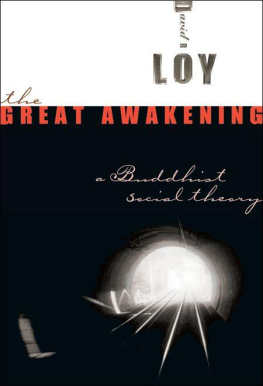
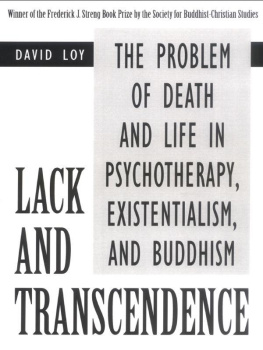

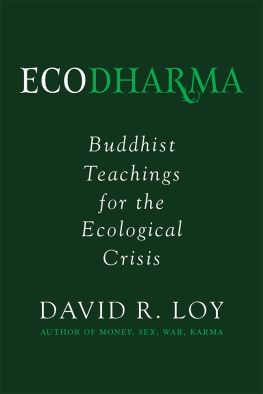
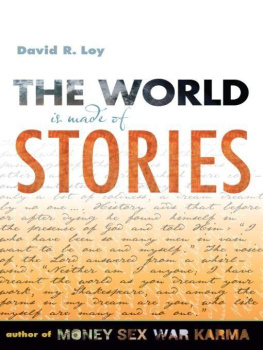

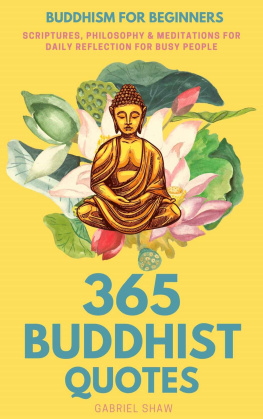
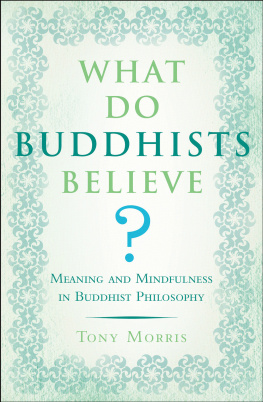
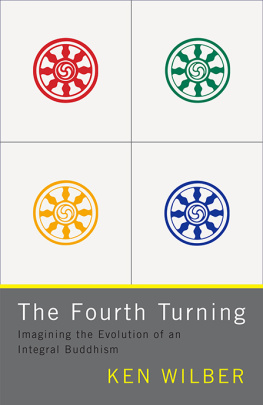
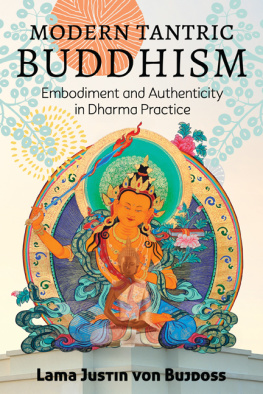

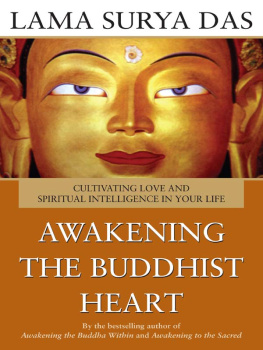
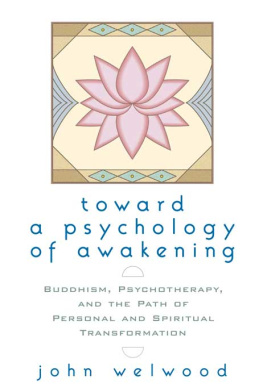
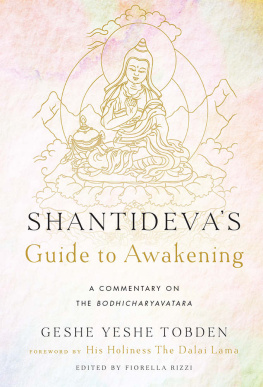
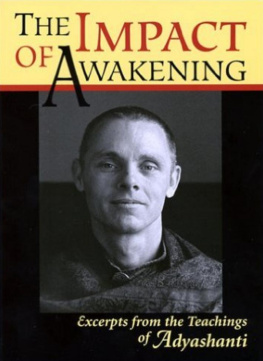




 This book was produced with environmental mindfulness. We have elected to print this title on 30% PCW recycled paper. As a result, we have saved the following resources: 12 trees, 5 million BTUs of energy, 1,187 lbs. of greenhouse gases, 5,356 gallons of water, and 339 lbs. of solid waste. For more information, please visit our website, www.wisdompubs.org. This paper is also FSC certified. For more information, please visit www.fscus.org.
This book was produced with environmental mindfulness. We have elected to print this title on 30% PCW recycled paper. As a result, we have saved the following resources: 12 trees, 5 million BTUs of energy, 1,187 lbs. of greenhouse gases, 5,356 gallons of water, and 339 lbs. of solid waste. For more information, please visit our website, www.wisdompubs.org. This paper is also FSC certified. For more information, please visit www.fscus.org.